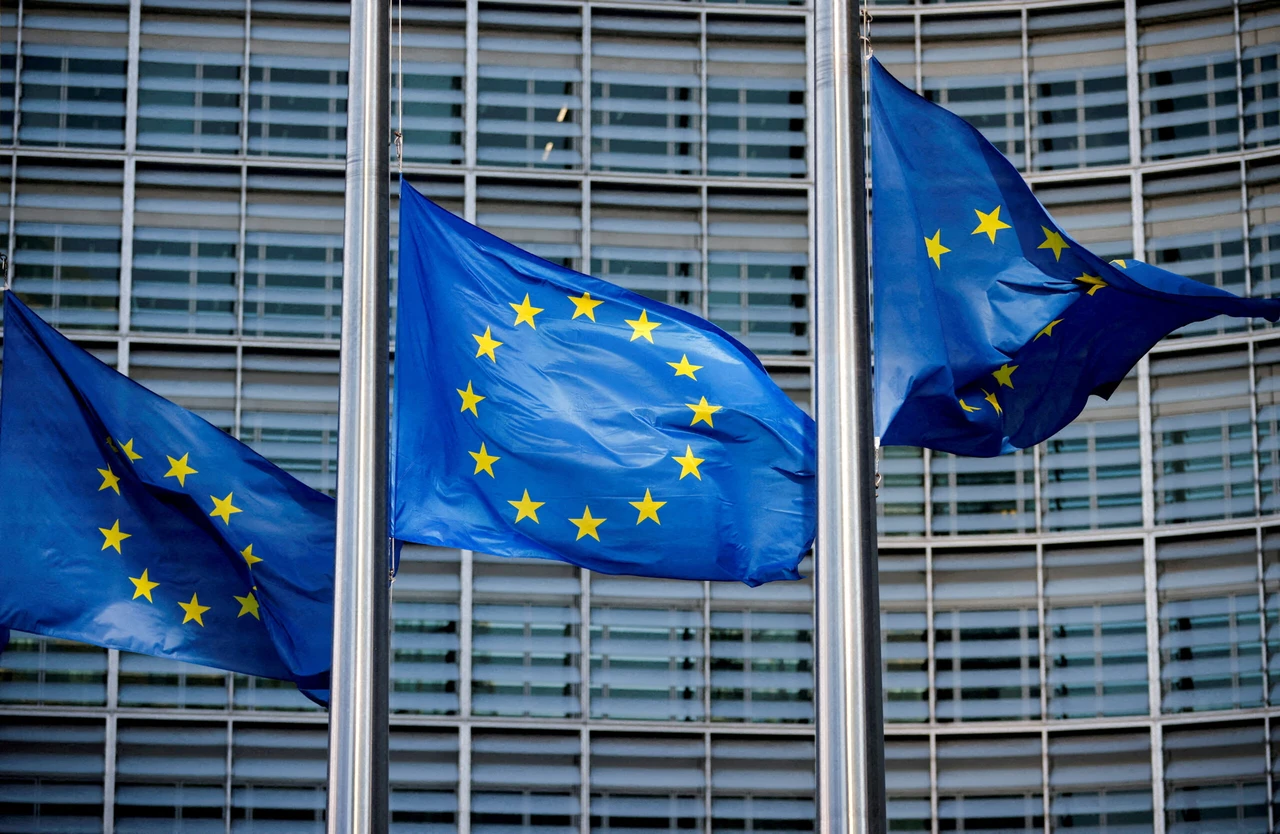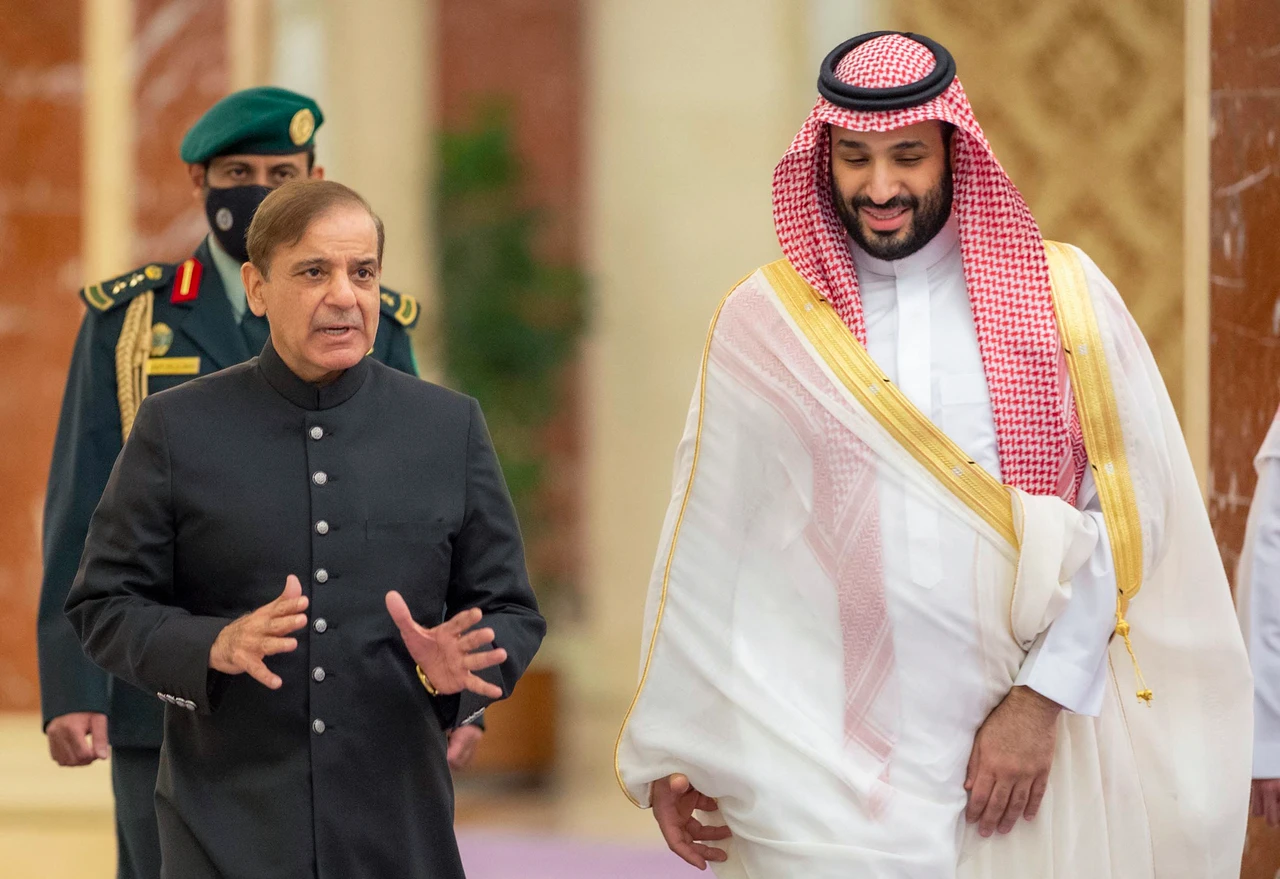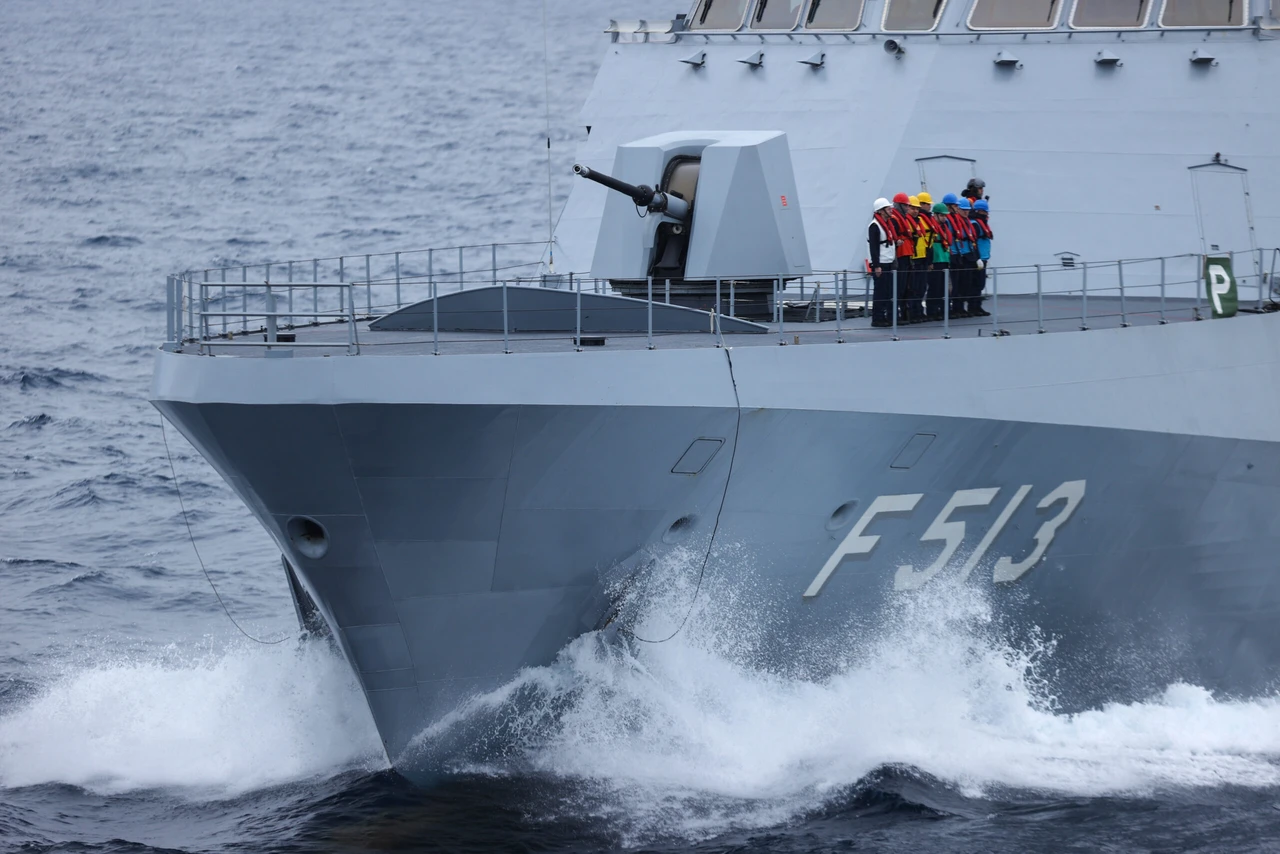EU tightens sanctions on Belarus based on Russia support
 European Union flags fly outside the European Commission headquarters in Brussels, Belgium, March 1, 2023 (Reuters Photo)
European Union flags fly outside the European Commission headquarters in Brussels, Belgium, March 1, 2023 (Reuters Photo)
Aiming to narrow gaps and stop the circumvention of current measures imposed owing to Belarus’s continuous backing of Russia’s conflict in Ukraine, the European Union presented a fresh package of sanctions against the nation on Saturday.
Announced by the EU Council, the most recent sanctions closely match those already in place against Russia and target trade, services, and transportation among other important areas of the Belarusian economy.
“These steps are meant to raise pressure on Belarus and improve the efficacy of our sanctions against Russia,” said a top EU official speaking on condition of anonymity owing to the sensitivity of the subject.
The revised limits on commodities like marine navigation equipment, oil refining technology, luxury goods, and dual-use and sophisticated technology goods tighten export prohibitions. To cut possible income sources, the EU has also restricted imports of gold and diamonds from Belarus.
One important feature of the new package is the necessity for EU businesses to make sure their overseas subsidiaries do not compromise sanctions. The policies also necessitate the addition of a “no-Belarus” condition in future contracts and prohibit the transit of sensitive products via Belarus.
Emphasizing its capacity to apply focused actions against people or organizations discovered to be violating sanctions, the EU Council signaled a stricter attitude on enforcement.
With accounting, auditing, engineering, and advertising now included under the sanctions system, the services sector finds further limitations. Rules on transportation now include EU enterprises having at least 25% Belarusian ownership as well as Belarus-registered trailers and semi-trailers.
Notably, the revised package contains clauses enabling EU operators to seek reimbursement for losses resulting from sanctions implementation, hence maybe allaying worries among European companies impacted by the policies.
Approved last week, the EU’s 14th sanctions package against Russia includes a prohibition on re-exporting liquefied natural gas (LNG), hence this current action quickly follows.
The EU’s strategy emphasizes its dedication to using economic levers to affect geopolitical dynamics while tensions in Eastern Europe remain simmering. Still to be seen, however, is the success of these policies as Russia and Belarus look for strategies to lessen their influence.



